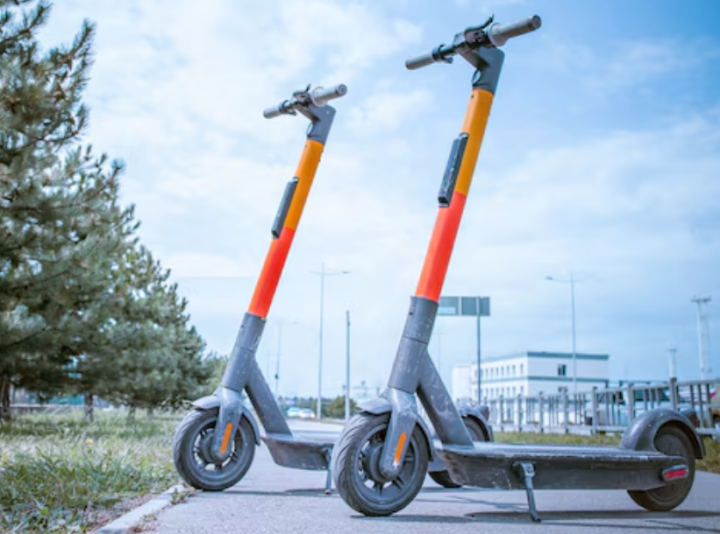Electric Scooters vs. Electric Bikes: Which Is Right for You?
Scooters Admin / October 13, 2025

Understanding the Basics
Electric Scooters: A Quick Overview
Electric scooters are compact and lightweight vehicles powered by electric motors. They usually feature a standing platform, handlebars for steering, and a rechargeable battery. Ideal for short distances, scooters are appreciated for their ease of use and portability.
Electric Bikes: A Deeper Dive
Electric bikes, or e-bikes, combine the mechanics of a traditional bicycle with electric assistance. They are equipped with pedals, a motor, and a battery, allowing riders to pedal with adjustable motor support. This makes longer journeys and uphill rides much easier.
Key Considerations
Commuting Needs
Daily commuting requirements strongly influence the choice between an electric scooter and an e-bike. For short distances, scooters are particularly effective in congested urban areas. E-bikes, however, are better suited for hilly terrain, providing assistance during climbs while maintaining comfort on longer rides.
Storage and Portability
For urban dwellers, storage and portability are crucial. Scooters, with their lightweight and foldable design, are easy to store in small apartments or carry onto public transport. E-bikes are bulkier, but many models include removable batteries and foldable frames, which improve portability.
Cost and Maintenance
Budget considerations are essential when comparing both options. Electric scooters generally require a lower initial investment, making them accessible to beginners. E-bikes, while more expensive upfront, often prove more cost-effective over time thanks to their durability, efficiency, and versatility.
Lifestyle Compatibility
Active Lifestyle
E-bikes are an excellent choice for people who value physical activity. The pedal-assist system allows riders to exercise while benefiting from electric support, combining fitness with convenience.
Urban Exploration
Scooters are particularly well suited for navigating dense city streets. Their compact size makes them easy to maneuver in tight spaces, offering flexibility for urban exploration.
Environmental Impact
Both electric scooters and e-bikes help reduce carbon emissions compared to gasoline-powered vehicles. Scooters are best for short trips within city centers, promoting sustainable micro-mobility. E-bikes, by replacing car journeys over longer distances, contribute more significantly to reducing emissions and encouraging eco-friendly commuting.
Safety Considerations
Safety remains essential, regardless of the vehicle chosen. Scooter riders should wear helmets and remain alert to road conditions, as scooters are generally less stable than bikes. E-bike users must also wear helmets, stay visible, and use cycling lanes to maximize safety on the road.
Choosing between an electric scooter and an e-bike depends on your personal needs and lifestyle. Whether your priority is commuting efficiency, staying active, or reducing your environmental footprint, both options bring distinct advantages. Assessing your distance, terrain, and budget will guide you toward the right choice, and consulting professionals can further refine your decision. As cities embrace sustainable transport, adopting electric mobility is a step toward greater convenience and environmental responsibility.